It was like clockwork. About once a month or so, a beauty editor friend of mine who shall remain nameless (you’re welcome, H) would make rubbing gestures over her face and declare, “I feel like my face needs a good shedding”. She would then proceed to pull exfoliating products from her beauty cupboard (the Dr Dennis Gross peel was a favourite), and by the following week, would inevitably be dealing with skin that was red, flaky and prickly to the touch. Rinse and repeat.
It doesn’t take a genius to figure out my friend had had too much of a good thing, but she’s not the only one overdosing on acids. More women with previously stable skin are finding themselves with angry complexions, including PRIMER co-founder Anna: earlier this year, she enthusiastically embarked on a regimen that included an acid-based cleanser and serum, twice a day, which caused her complexion to revolt “and I swear my skin is only just recovering,” she laments.
Two key reasons for the uptick in irritated skin include the rise of professional-grade ingredients, like acids, peptides and retinol, that are now more readily available over the counter, and the smart consumers (that would be you, reader) who are well versed in ingredients and demanding more effective products.
Dr. Howard Murad, the renowned New York dermatologist and pharmacist (and founder of the eponymous skincare line), recalls the very early days when alpha hydroxy acids were only available at a doctor’s office, but “over time, we learned as formulators, we could produce [at-home] product with acids,” he says.


“Since patients have been graduating from using lower levels of exfoliating acids to higher and higher, the skin has adapted and built a tolerance to exfoliation,” which has in turn led to patients asking for more – and “products are created based on consumer demand.”
Another factor? Well, it wouldn’t be 2020 if we couldn’t place at least part of the blame on the pandemic. Between lockdown, #StayHome and closed beauty salons, “we have more time to experiment with our skincare and we’ve seen an increase of the at-home facial,” confirms LeeAnne Leslie, clinical training and education manager at Alpha-H Skincare.
About *those* acids
Active, exfoliating acids can be grouped under three umbrellas: alpha hydroxy acids, aka AHAs (such as glycolic, lactic, mandelic and citric), beta hydroxy acids, aka BHAs (namely salicylic), and polyhydroxy acids, aka PHAs (like gluconolactone and lactobionic).
They each have slightly different jobs: AHAs work topically to help loosen the ‘glue’ that binds dead surface skin cells together, BHAs delve deeper into pores, dissolving sebum and dead skin, and PHAs work like AHAs on the surface of skin, but the larger PHA molecule won’t penetrate as deeply AHA, making them potentially less irritating.
The role of acids becomes more important as we age and our natural skin renewal processes slow down.
“On the surface of the skin, superficial epidermal cells accumulate and the epidermis thickens, which can result in a dull, sallow complexion, and can also lead to congestion and breakouts,” explains Leslie.
Regular exfoliation will not only keep skin looking radiant, it “also assists with ensuring skincare penetrates effectively and can slow down the ageing process by stimulating lower layers to create fresh new cells.”
Too much exfoliation, however, and you’ll end up like my anonymous friend (and Anna). [Ed’s note: Thanks, Sherine, I think they get the picture.]
Dr Murad offers up an analogy: “Think of the shingles on the roof of your house. Some of the old shingles need to be removed so you will have a nicer roof, but if you remove all shingles at once, you’ll risk a ton of damage. So imagine that top skin layer is the roof of your house – you want it clean and protected [but you] do not want it ever removed.”
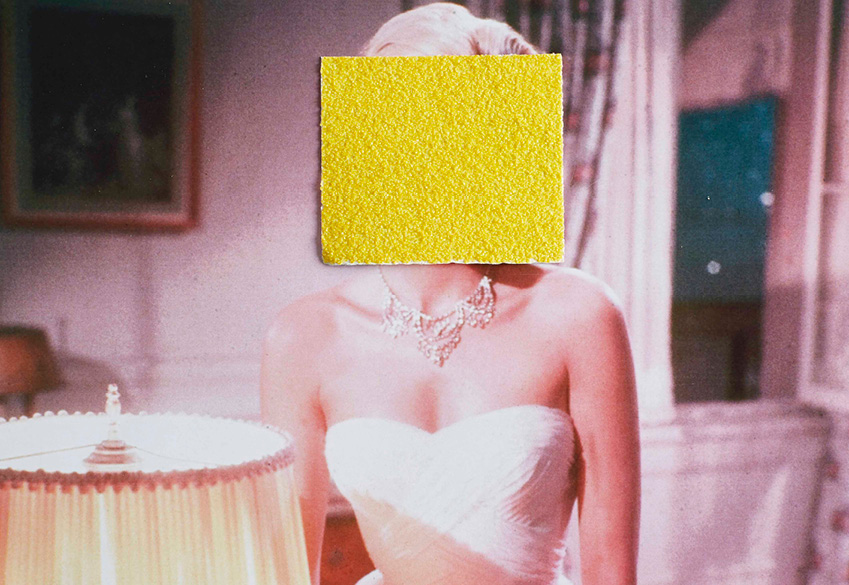

Breaking down barriers
The integrity of the skin’s surface is vital to ensuring it keeps the good stuff in, and the bad stuff out, and it does this in two ways.
There’s the acid mantle, (a thin, protective film consisting of natural oils, amino acids and sweat), and the skin barrier, or stratum corneum, which is the outermost layer of cells. Incorrect or aggressive exfoliation can compromise these functions, and the results will be pretty visible, pretty fast.
Dr Murad explains that different skin types can have different complications (darker skin is more prone to pigmentation, while already-dry skin can become even drier). However, Leslie adds that: “signs of an impaired skin barrier can range from redness, flaking, sensitisation, a tight and uncomfortable feeling, skin that tends to be generally reactive, and it can lead to conditions such as perioral dermatitis, breakouts and blemishes”.
Calm down
The upside is that “exfoliation is reversible,” promises Dr Murad, and you “cannot develop chronic conditions from topical exfoliation.”
If you’ve over-exfoliated and your skin is sending out SOS signals, ditch your usual products and anything containing acids or other active ingredients for at least one week, and immediately pick up a hydrating moisturiser.
“Look for hyaluronic acid and use it on a regular basis, two or three times per day, until skin begins to improve,” says Dr Murad.
Also good: ceramides, fatty lipids, niacinamide, vitamin E, shea butter, aloe vera and, of course, sunscreen every single day. Once your skin is back on track, rethink your routine.
Leslie recommends that anyone over the age of 30 exfoliates three times per week – say, Monday, Wednesday and Friday – using a combination of exfoliant types, chemical, physical (ie, scrubs) and enzymatic (these use fruit enzymes, like pineapple and papaya), depending on individual concerns.
Be careful when exfoliating during the winter months, when skin is naturally drier, and proceed with caution in summer, because of the increased risk of hyperpigmentation due to sun exposure (again: sunscreen), warns Dr Murad. Do not, under any circumstances, push your skin. Too much, too soon, and you risk damage and your skin will not be happy – and it won’t be afraid to show it.
Here are a few gentle products to try when you’ve over-cooked it on the active skincare ingredient front…
And here are a few great new exfoliating products to consider:
Main photographs by Georgina Egan, and styling by Jack Milenkovic




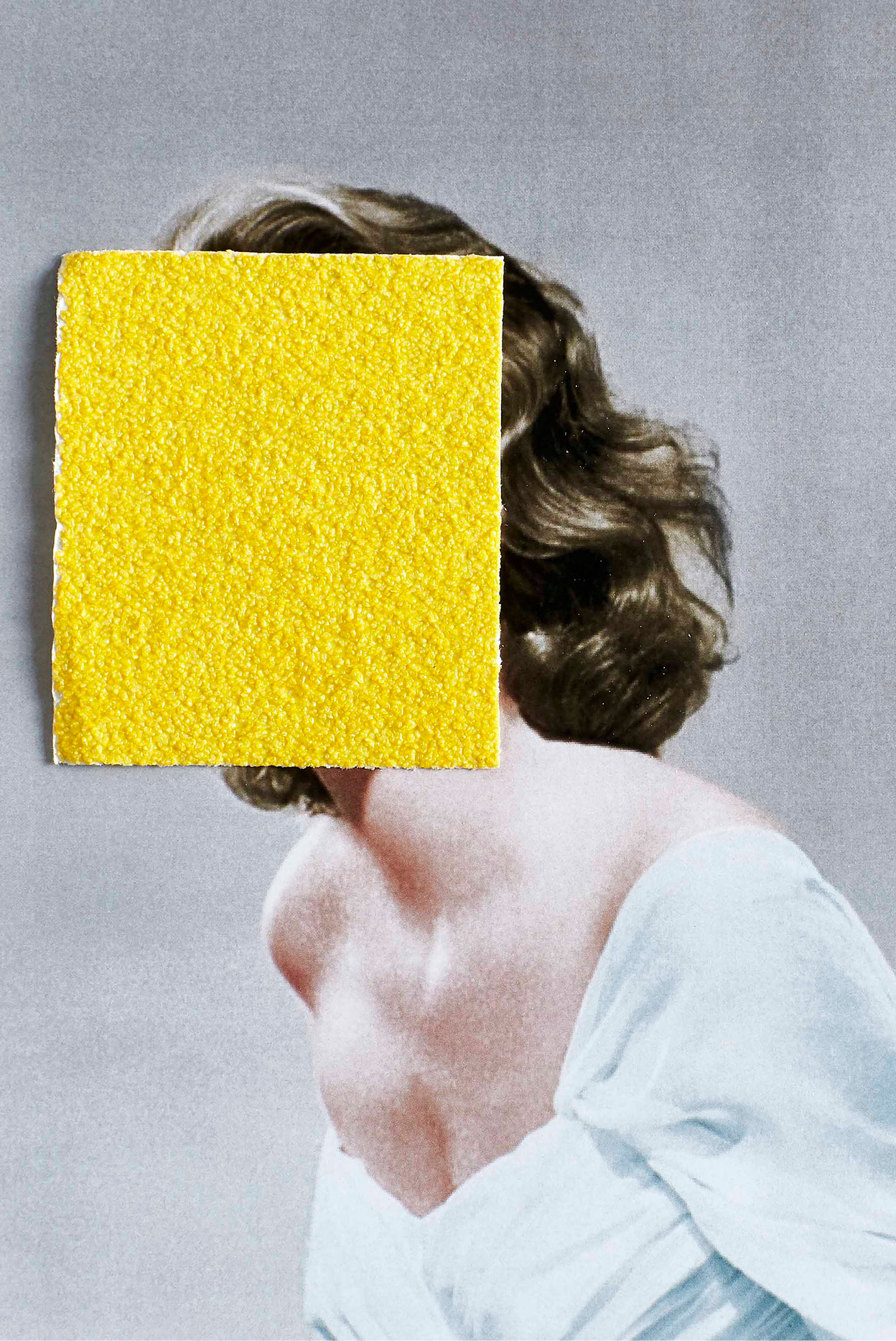
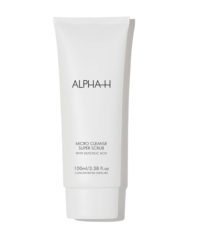
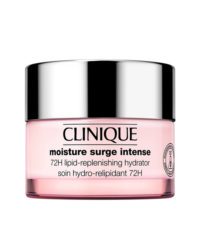
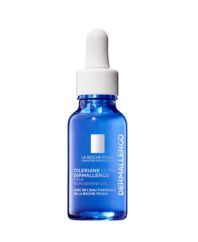
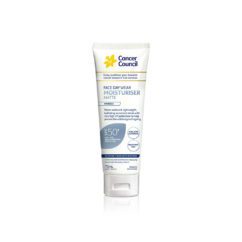
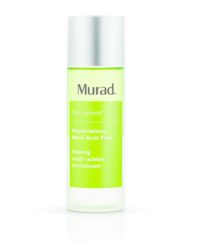
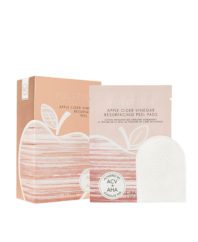
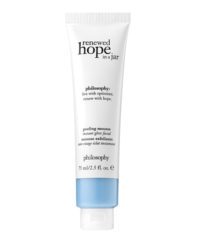
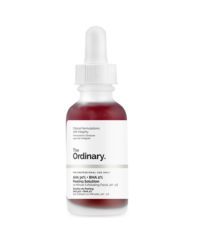



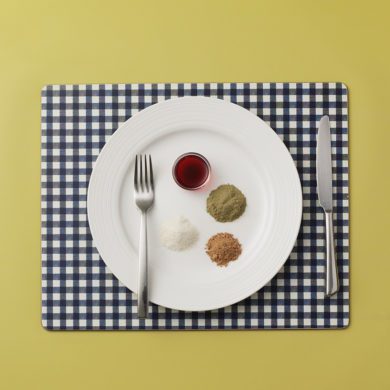
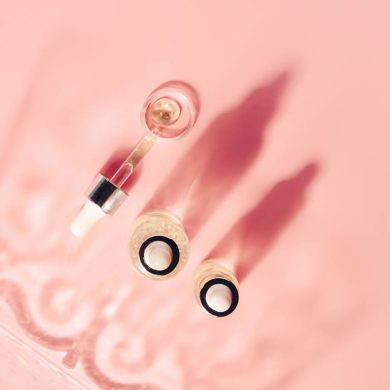

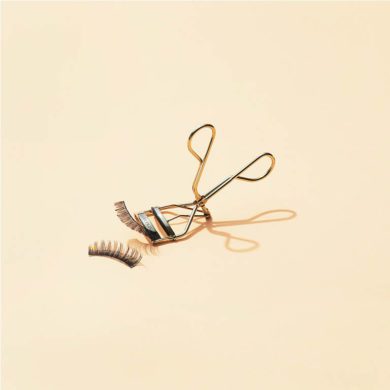
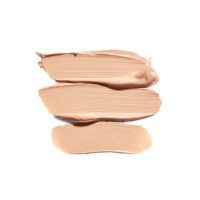
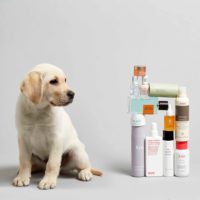
No Comments